In 1979, the Soviet army invaded Afghanistan and put a pro-Communist government in power. A part of the Afghan population rebelled against the Soviets and started an armed war against the invaders. The devastating war lasted for ten years. Millions of people lost their lives and millions of others were forced to leave their homes and flee the country. My father lost two of his brothers in the war. My mother’s house was bombed by Soviet planes. In the early 1980s, my family fled Afghanistan reaching Iran where I was born.
In 2001, I lost my grandfather who came with us in Iran. This loss was traumatic for us. I remember the whole family sitting around the largest room in the house with a cassette recorder in the center of the room. Since my uncles were still in Afghanistan, my father had to record himself to let them know about their father’s death. For the first time I saw tears in my father’s eyes.
The next day, the cassette was handed over to a person who had to return to Afghanistan, so the message could reach the others. The cassette made a long journey: sometimes it took years for the cassettes to reach the recipients and sometimes they would get lost.
The medium was not perfect, but it was the only tool for us to communicate through voice messages with Afghanistan. Cassettes usually did not contain bad news. Messages were rather optimistic, perhaps because the family did not want to make life more difficult than it already was. Only through stories recorded on cassettes, I had the chance to get to know my cousins from Afghanistan. Listening to their voices, I imagined their faces. They used to tell me about fruits they liked and the animals their parents owned and I used to describe my favorite carrot jam and chocolate ice cream.
We lived in a historic house in the center of Kashan, a large house with a big courtyard and a fountain full of goldfish. Such houses, examples of Persian architecture, appear among the first images from a Google search on Kashan. Afghan refugees found shelter there and gave another life to these previously abandoned places. My family was among the Afghans who repopulated the historical center of Kashan. I spent my childhood playing in that large courtyard under figs and pomegranate trees.
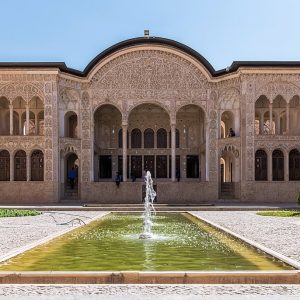
On the other side of the border, our cousins lived under bombs and bullets. We learned about life in Afghanistan mainly through the news. Watching the news was an important ritual in our family. As soon as my father came back from work, he used to turn on the TV and listen to the news for hours, hoping to hear good reports from his home country, but they were all scary. By hearing bad news about our country all the time, my siblings and I were terrified at the idea of returning to Afghanistan.
Things changed on the seventh day after my grandfather’s death in 2001. While I was standing in line to buy some bread for the family, I saw on the TV at the bakery images of a plane flying against the twin towers. No one could believe that, but I was used to seeing terrible scenes. I went back home. Everyone was in front of the TV and I saw the second plane hit the second tower. The TV journalist seemed pleased with the tragedy and in a victorious tone said that American imperialism had received a hard slap. For me everything was normal, another bad news, why all this attention?
The September 11 terrorist attack shook my family’s life. After a few weeks, the US attacked Afghanistan and ended the Taliban’s rule. So many things started to change in our lives. My father wanted to go back to Afghanistan, my mother started buying blankets and ordered us some Afghan clothes. She told us that it was very cold in Afghanistan and there was no gas or electricity to warm us. “You cannot dress the way you dress in Iran, you have to dress appropriately,” she explained. My siblings and I were afraid. We didn’t want to go back to Afghanistan. Afghanistan for us was what my father saw on TV: war and hunger. My mother told us that we were travelers and Iran was never going to be our home. We had to go back to our homeland. The only thing that consoled us was the idea of finally meeting our cousins back there, that we could finally see them and hear their stories. Days passed and many of our neighbors, relatives, and friends returned to Afghanistan, while we stayed in Iran. Some years later, I realized that my father could not return to Afghanistan, even if a democratic government was in power, because he would have continued to be persecuted in his area.
We continued our life in Iran. I went to school and enjoyed reading science fiction novels. Mobile phones had recently arrived and communicating with Afghanistan had become much easier. At least, it seemed easier: the price of international calls was too high, only my parents were allowed to talk for a few seconds on the phone because the line always dropped.
At the same time, technology developed and we had lost contact with a part of our family in Afghanistan: there were no more letters and tapes. Life went on and I had almost forgotten my cousins.
After many years, I found myself in Europe, in Italy. Thanks to social media, I found my cousins who still live in Afghanistan, but we had changed and, with us, our relationship. They didn’t tell me about their life anymore and I wasn’t going to tell them about my life in Europe either.
The years went by and I almost cut off all my relationships with my relatives in Afghanistan. This changed when Kabul fell into the hands of the Taliban in August 2021.
I couldn’t believe what was happening, so I immediately contacted my cousin in Kabul. I think he was very surprised to receive a message from me. I asked him how he and his family were doing. He replied that they were very worried and that night we started a long conversation that still continues today. I asked him about the situation in the country and he sent me news every day. Since schools closed for girls, his sisters and my cousins were not allowed to attend school; people from our minority group were killed or persecuted. This is an extract from our first conversation on Whatsapp:
“Tell me how are you?
All right, we are all safe
What happened? Suddenly in a couple of days the Taliban managed to conquer the capital: What happened to the government? Where is the army?
The government is gone, all the officials have fled, the army generals are all lined up at the airport to leave the country, the politicians have already fled with foreign planes. poor soldiers and government employees who have remained defenseless with the Taliban who thirst for their blood
How is the situation in the city?
People are afraid. Those who have collaborated with foreigners try to reach the evacuation flights, the others are all hiding.
What do the Taliban say?
They have announced a general amnesty. They can’t believe either that they took power so easily. I don’t trust the Taliban. They are not coherent. Now the world is watching them. They are very attentive as soon as this media attention ends they will begin to massacre their political opponents and the collaborators of the previous government.”[1]
Few days after that conversation, I sent another message to my cousin. He was at the Kabul airport, trying to reach the Abbey gate, where the evacuation of collaborators of foreign forces in Afghanistan was in progress. He was there since midnight trying to get closer to the evacuation point. He told me that there were hundreds of thousands of people waiting around the airport. After few minutes, he wrote to me that he didn’t manage to get on a plane.
At some point he texted: “explosion” and he logged out. I sent him several messages but he was not receiving them anymore. He went silent for half an hour and I was very worried, looking on the internet for news on the attack. He finally texted me back that he was fine.
Luckily, he was exhausted after being beaten up by the Taliban and had taken refuge in a small avenue to rest. The bomb exploded far from the place where he was hiding. He was saved by a miracle. He wanted to get some rest at home and go back to the airport and try once again. He worked for the Ministry of Finance and thought that the Taliban would persecute him because one of his brothers was a high-ranking general in the Afghan army, so he was desperate to leave.
He lived in Kabul, but he was born and raised in Logar: my region or origin, where the majority of Pashtu live. Basically, that place has always been under the control of the Taliban. With the American intervention, the shiite and Hazara minority had the chance for the first time to participate in the education system. My cousin, for example, had the opportunity to work for the ministry of Finance. With the return of the Taliban, violence against my ethnic and religious minority had erupted once again.
My cousin’s little sister has not gone to school in a long time, he bought books for her but her education is on hold. His older sister is worried that the Taliban are looking for her, she was a teacher in the only school for women of the zone, that was burned to the ground[2]. He wants to find a way to take them out of the country, because he is sure the situation in Afghanistan won’t change that quickly, especially for women.
My cousin also asked me to help some of his friends who are in a terrible situation. I tried to collect stories and testimonies, to organize a cycle of interviews with people who were forced to leave our region, Logar, and hide in Kabul.
My cousin put me in contact with Zabihullah. Through Whatsapp, he told me that his father was a commander of the Afghan army who had helped the foreigners to conquer our region and then had held important positions in the Afghan National Army until he retired in 2015. 4 of his sons had followed in his footsteps by joining the army. His family had a contract with the US military to guard the US military base in the Barakibarak region. Two of his sons were killed by the Taliban on this mission. Through voice messages, he told me about the tragedy that devastated his family. A brother of his had died on a mission against the Taliban. He was part of the local police in our region. It was difficult for Zabihullah to share the second story: he told me that his brother Safiullah was an intelligent and brave boy. He gained experience on missions to clean the country of landmines. When he came back to the village one night the Taliban identified him and killed him. Zabihullah told me about the night of the 21st of the month of Ramadan (2 May 2021). A week had passed since the killing of his brother and the family was still in mourning: “Despite this, we were aware that the Taliban would attack our homes to kill everyone as revenge, and we were ready to protect ourselves. That night it was raining, and this comforted us because we thought the attack would have been postponed. After Adhan[3] in the morning, the rain stopped and the Taliban arrived. They started shooting at the house in every direction.”[4]
Zabihullah’s family returned fire by calling for reinforcements in the local police. The answer came too late, two other people from his family lost their lives leaving everyone traumatized. After the tragic night, it was clear that the family could not stay in the region. And so, Zabihullah moved with them to Kabul hoping that the Taliban would not be able to find them in a big city.
On 15 August 2021, the Taliban conquered the capital in a flash. The family was forced to separate and constantly move around. Given their collaboration with the US, his only brother left alive had been contacted to be evacuated so the whole family showed up at the airport with the hope of fleeing, but in the confusion and panic, in which the airport was in those tragic days, they lost their papers in the crowd, eliminating forever any chance for help. He sent me Whatsapp videos of his house burned and destroyed by the Talibans.
Nasrin was a policewoman, working in the prison of the region. She was in charge of patrolling visits. She had discovered that a Taliban had planned an escape, with the idea of disguising himself with women’s clothes to run away. She managed to arrest him and his complicities, two other women. She thought that this police discovery would have bring honor and respect for her work, but she was met with threats, and they organized a terrorist attack with the intent of killing her. She survived by a miracle. She was forced to move to Kabul, but even there she was not safe. She was identified. As her last resort, she went to Herat where a part of her family lives. Nasrin moved to Herat, but after a few weeks the conflicts began. After clashes between the Taliban and government forces, the city felt into the hands of the Taliban. The nightmare became reality, Nasrin with her family this time had no choice, but to leave the country and flee to Iran. Trying to go to Iran and cross the border illegally, the family separated, Nasrin and her three children managed to reach Iran. Meanwhile, trying to reach Iran, her husband was arrested and sent back to Afghanistan. Nasrin arrived in Kashan, where I was born and raised. There she came into contact with some of my relatives. They found a house and bought clothes for her children, and the children started attending a school run by Afghans. Nasrin sent me a video asking for help from the international community and journalists to save her life and evacuate her from Iran.
Rashid comes from a large family. Four of his brothers have been killed by the Taliban in the clashes and he is the last child left to his parents. He sent me a link with a report on the history of his family. In the report, he recounts how his brothers were killed and invites the Taliban to make peace and live in brotherhood together. Now that the Taliban have taken over the city, he was afraid that the Taliban will persecute him. On his Facebook page, he wrote goodbye to my homeland. And he told me that he did this because the Taliban follow his Facebook page, so that they would think he has left the country, so they would not look for him anymore.
In this series of bad news, my cousin seemed to have found hope. In one of his last messages he told me that he expects a civil war to begin as soon as the winter is over. He was planning to obtain a visa for Iran before the hot season begins. After reaching Iran safely, he would meet for the first time that part of his family he knows only through tape recordings or Whatsapp audios.
[1] Anonymous, interview by the author, Rome, Italy, 16 August 2021
[2] https://fa.abna24.com/service/asia-center/archive/2015/11/01/694601/story.html
[3] Adhan is the Muslim call for prayer
[4] Anonymous, ,zoom interview by the author, Rome, Italy, 4 September 2021




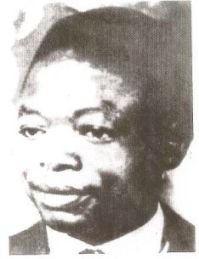

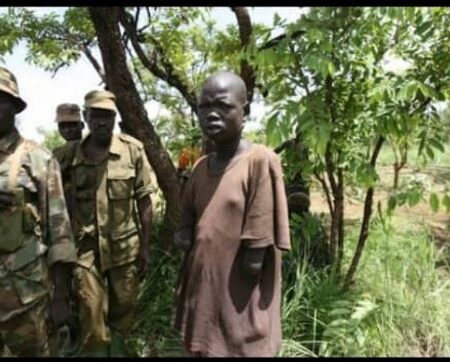
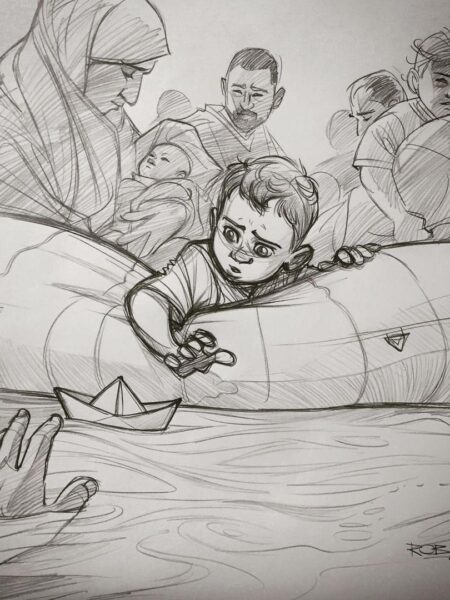
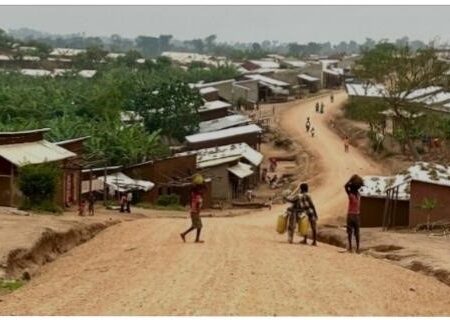
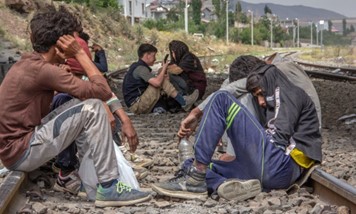
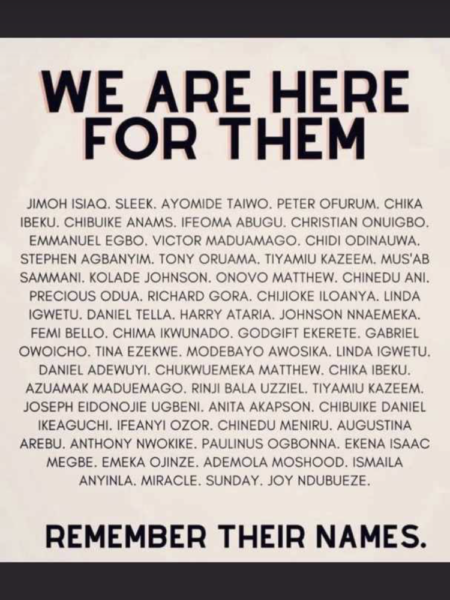
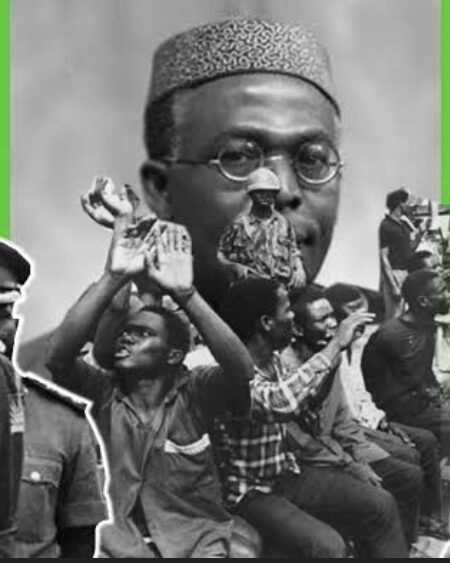
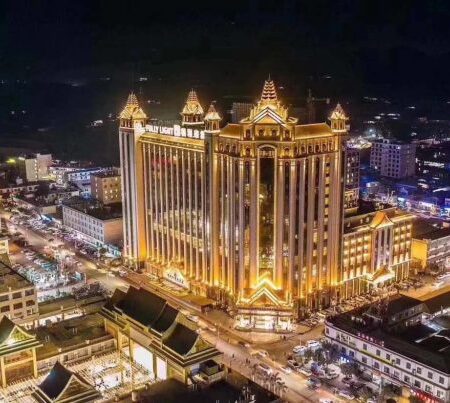
Test